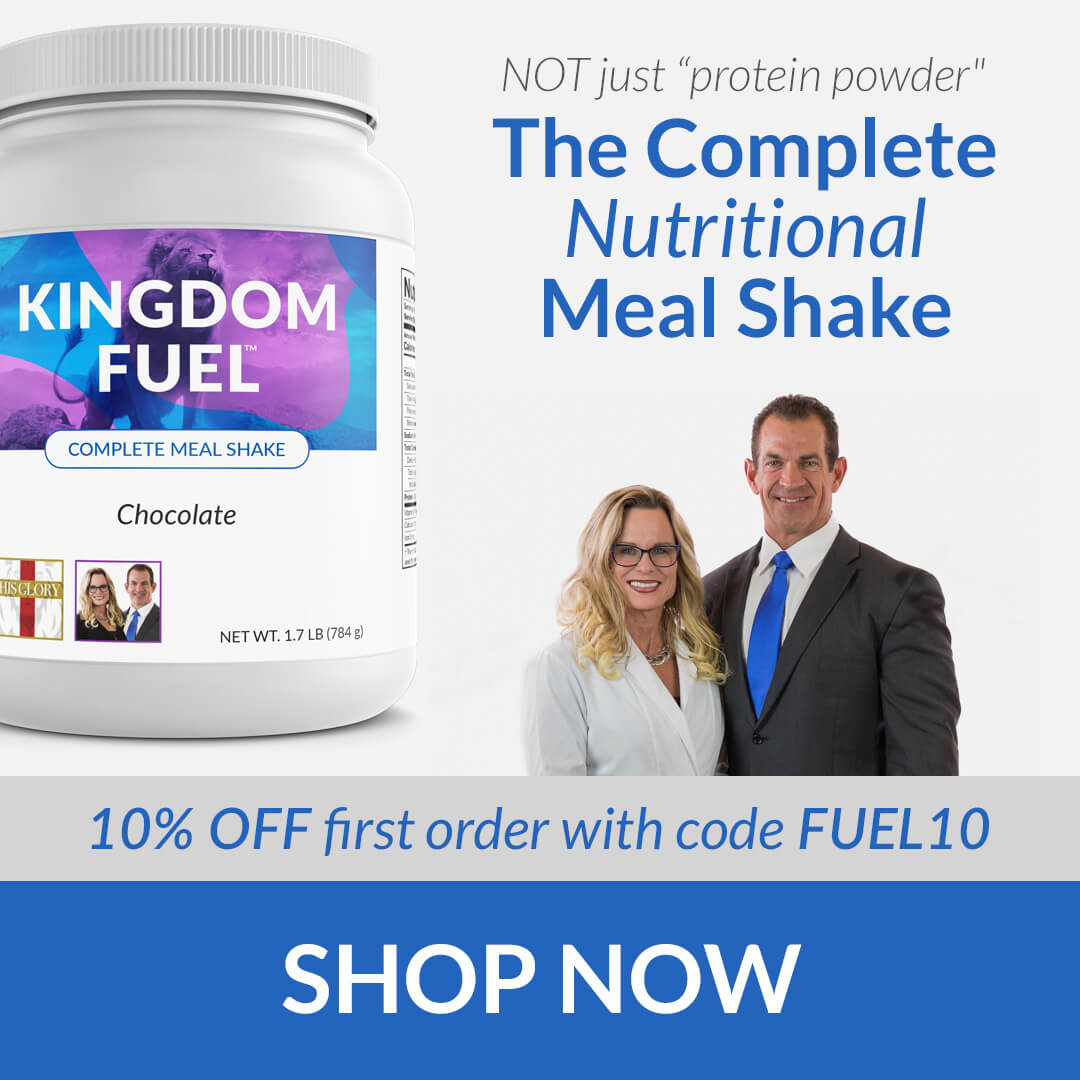There is no such thing as good diet.
In fact the first three letters in the word diet are DIE. Is it any wonder why diets never succeed?
We get to a certain point, feel like we are going to die and quit before the grave site bears our bones. You have the power to change your life simply by the daily choices you make.
So, today in every way commit yourself to a healthy lifestyle:
- Focus on protein. Consume at least one gram of protein per kilogram of lean body weight on a daily basis (athletes need to adjust this to body type and sport). Break the total amount you need up into four or five meals to allow for a constant, available amino acid pool to grow muscles and healthy tissue. Get a wide variety of protein as eating too much of one type (i.e. chicken) can create an allergy to the protein (i.e. acid reflux). Plus, diversification allows for the wide array of amino acids that are necessary for building good solid muscles and healthy tissues. If you are not physically fit or have confounding medical problems, you need to discuss your intake of protein with your physician.
- Monitor your carbohydrate intake. Consume no more than 150 carbohydrates per day (except in extreme circumstances with mega-calorie burners and extreme aerobic athletes). What we really need to know is the power of the glycemic index and how it plays a role in allowing our bodies to burn fat as fuel.
- Realize that fat is an essential nutrient. Every cell in your body has an outer membrane of essential fatty acids/phospholipids (omega 3’s or fish pills). Fatty acids are important sources of fuel because, metabolized, they yield large quantities of ATP, also known as energy. You must intake at least 10% of your caloric load in good fats. Up to four grams of omega three fatty acids daily may be recommended for your optimal wellness. Sources of good fats and oils are nuts (almonds, walnuts, cashews, etc), olive oil, and avocado.
- Eat your fiber. Each of us needs about 25-30 grams of fiber a day. Try to add up or calculate the amount you get in a day and you will notice you are severely lacking in your fiber needs. A simple addition of a tsp of psyllium hulls or flax seed meal every day can solve the shortage. Fiber has been shown to reduce the risk of cardiovascular disease, help lower cholesterol, and minimize absorption of bad cholesterol. Soluble and insoluble fiber stabilize blood sugar level and support the health of the colon, preventing constipation and potential intestinal complications.
- Obtain a nutrition almanac. for calorie, protein, carbohydrate and fat content. It is not always easy to change your eating habits. One reason to keep with old habits is that the learning curve can be enormous in the first couple of months. A good almanac can be obtained at any of the large book stores and is a great reference guide for getting started. This helps you determine grams, calories, as well as the macro and micronutrients that are in any given food.
- Understand that all calories count. You can ingest a significant amount of sugar and fat and not even know it. Learn to label read and understand all of the items in packaged foods, how they can help or harm you. Additives and preservatives all add up. This is not a calorie counting program but an attention to detail program. Being mindful of what you are consuming makes the difference.
- Eat frequently. Consume at least five small meals daily. These five meals should be about 150-500 calories, depending upon your fitness level and your basal metabolic rate. Our bodies are designed to graze. Your stomach is not much bigger than your fist and is really about the amount of fuel your cells can fully handle at any one sitting without turning into adipose (fat), unless you are an athlete or have a very physical job. Small frequent feeds keep blood sugar from skyrocketing as well as from bottoming out with long hours in between. Eating every 2-3 hours ensure a steady supply of energy and amino acid uptake for muscle growth all day long.
- Increase your pure water intake. Your body is 60% + water. Unless you have a kidney or heart problem and are unable to process and get rid of water like one should, take your weight in pounds, divide it by two and this leaves you with the amount of water in ounces you should intake in a day. If you are overweight, subtract the number of pounds from your weight that you are overweight and then divide that number by two to get an accurate result. Drink water without all of the added taste-good items. These contain additives and preservatives that are hard on the liver and the bodies’ natural detoxification process.
- Make exercise a part of your daily routine. The number of days that you wish to eat is the number of days you should be active. The number of days you should exercise is unique to you. It varies if you are training for an athletic event, trying to gain strength, improve your mobility, or just trying to stay in motion. Start small and work big in order to avoid injury. This may mean hiring a personal trainer or obtaining an accountability partner. Increase your level of activity by simple tasks, such as: parking in the far corner, taking the stairs instead of the elevator or walking your animals for an extra ten minutes. Develop an exercise plan and get it on paper. Choose what activity you will do (yoga, kettlebells, vibram walking or jogging, pilates, swimming, etc), decide the days you will participate in the activity and set a time goal of 30-45 minutes. To make progress, do the activity at least three times a week.
- Watch what you eat before bedtime. This can be a touchy subject but calories late at night can do you more harm than good. If you are trying to maintain lean mass or build lean mass, 30-40 grams of a beef (grass fed, grass finished, hydrolyzed), whey isolate (cool processed non- denatured whey), or pea (for the vegetarian lifestyle) protein shake with 2 TBSP of nut butter will help you maintain a positive nitrogen balance for the next 4-6 hours depending on the breakdown process of the ingested protein. The answer is not to stay awake to eat but to ingest the proper foods just before going horizontal for the night. Slow digesting proteins and essential fats help slow digestion and provide a steady supply of amino acids for fuel. By doing this you will avoid catabolism (your body eating itself for fuel). If you eat dinner late you will also want to be very selective on the type of carbohydrates you eat after about 4:30. Not only will you store the calories from high glycemic carbs as fat, your insulin levels are soaring through the night and your body will not be able to access its fat stores during your night time fast.
- Take a free day. Stay away from the all you can eat buffet! Don’t make this an opportunity to go crazy and destroy all of your progress. It does not mean devour everything in sight but to have something that you really enjoy in a moderate quantity and then get right back on track the following day.
- Set smaller goals to achieve the large goals. If all you focus on is big picture, the painting becomes a blur and your process becomes a mess – then you return to the old habit patterns because it all seems so hopeless. Small continuous change ends up in large successful projects.
- Obtain an accountability partner. Be it your wife, your sister or brother, your physician or your best friend, success increases with accountability and the amount of fun you have with the process increases. If you enjoy being around someone, engage them in your path of wellness. These ideas will double your chances of achieving your goals. Engaging an accountability partner can be a time that you can strengthen relationship and have fun while you are getting fit. Keep a diet journal and be accountable for what you allow past your two front teeth.
- Get plenty of rest. This is Mother Nature’s natural healer and stress reducer. Cortisol (a stress hormone) levels soar when the body is sleep deprived, setting your hard work up for failure. Cortisol is another reason for your bodies’ inability to see fat and use it as fuel. If high levels of cortisol are around for extended periods everything starts breaking down, including muscle, bones and skin.
- Chew your food. It takes about 20 minutes for your brain to link up with the food in your stomach. If you scarf your food in a hurry you are likely to overeat. Overeating causes food to sit in your stomach in a big bulk quantity. The stomach is paralyzed because it does not know what to do with the overload. Slowly the food you ingested putrefies and even before it leaves you begin to pile on the next meal. No wonder for all the acid reflux! Think about it – your poor stomach does not even have the voice to tell you to back off or slow down. It just keeps on taking it, meal after meal. If you have not turned your bites into soup, you have eaten it too fast.
- Weigh only once a week. Excessive focus on the scale can be a very self defeating event. You must give long term weight loss appropriate time. Weight that will be lost forever will come off slowly and will be a product of a consistent nutrition program over time. Look at yourself in the mirror on a routine basis. If you don’t like what you see, use it as motivation to add fuel to the fire of success to keep you going and on the right track.
- Measure your progress. It is a good idea to take your measurements before you begin. This is a great tool for you to remember where you have come from. Take a photo or a snap shot of yourself when you start your wellness program. Put your photo on the refrigerator as a constant reminder to continue with your micro goals with the approaching macro goal in mind. Take your photos from the front, the side, and the rear. Hide nothing and be honest with YOU. Watch the sizes of your clothes change, notice how your shoes are fitting. There are many signs of good change and they are not all focused on weight.
- Time your nutrients. This is a very important concept that allows for the appropriate ingestion of high glycemic index carbohydrates. High glycemic index carbohydrates elevate the total amount of insulin that is produced. Insulin is important after an intense workout due to the fact that it will drive glucose into the muscle and liver cells more rapidly and replenish depleted glycogen stores. This means more energy.
- Stay up on your preventative healthcare. Inbody (body composition analysis), paps, breast, mammograms, prostate, rectal, CMET (cardiometabolic testing), lab work, micro and macronutrient testing (cholesterol, blood sugar, kidney and liver functions, thyroid etc).
- Make use of dietary supplements. Plant sterols, viscous fiber, multi-vitamins, anti-oxidants, liver flush, detoxification, and probiotics.
Implement these tips one at a time and you’ll find yourself in better health in no time.



